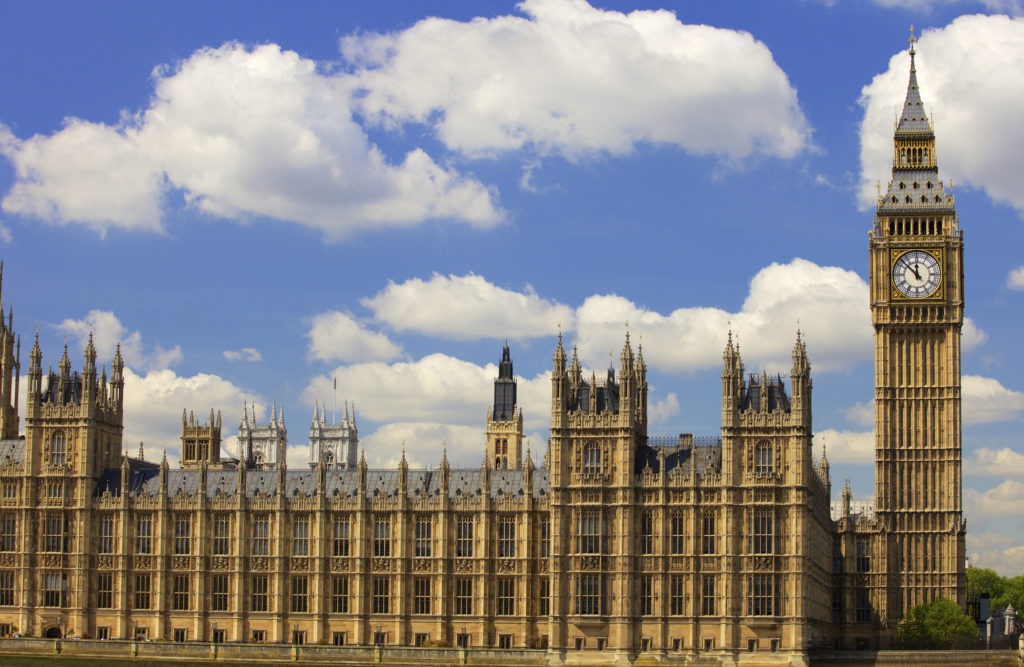UK Government considering new tax on diesels to aid Clean Air Strategy
13 November 2017

13 November 2017
New diesel cars could have higher taxes placed upon them in the UK as the government tries to dissuade consumers from buying them and move on to less polluting alternatives.
The Chancellor is expected to unveil the plans in his next Budget, due on 22 November. Ministers have been thinking about ways of raising funds to back the government’s ′Clean Air’ initiative, through tax increases or by cutting funds elsewhere and diverting money. This would be used to aid the reduction in air pollution around the country, which is already exceeding annual targets.
According to government aides, Chancellor Philip Hammond has decided that tax increases on diesel sales is the best option, although there is no decision yet as to whether that would be from an increase in VAT on sales, or whether a new levy would be created. Any increase would be on top of new Vehicle Excise Duty rates which came into force in April 2017.
The environment minister Michael Gove hinted at a tax on diesel vehicles when the Clean Air Strategy was announced in May. As part of this plan, the UK will ban the sale of diesel and petrol powered vehicles by 2040, instead moving to hybrid and electric vehicles (EVs) on forecourts around the country.
The Diesel market in the UK has suffered in recent months. Latest figures released by the Society of Motor Manufacturers and Traders (SMMT) show the sector is 14.9% down in the first ten months of the year compared to 2016, while of the new cars sold during October, 39.4% were diesel, only the second time figure has dropped below the 40% mark since 2009.
The mayor of London, Sadiq Kahn, brought in an additional £10 charge on older polluting vehicles entering the city. This applies to petrol cars as well, although a majority of diesel vehicles will fall into this category. This charge doesn’t apply to more modern vehicles with better, less polluting engines.
Edmund King, president of the Automobile Association (AA), comments: ′It is ridiculous to further demonise diesel via differential taxes when drivers are already voting with their wheels. Some 41% of AA members own diesels but that drops to 16% when drivers are asked what fuel their next car will run on. Indeed in October diesel sales were already down 29.9% compared to last year. The Treasury should concentrate on incentives for greener cars rather than hitting diesel.’
Diesel was originally promoted by governments across Europe as a way of lowering pollution, as they produce a fifth less CO2 than petrol equivalents. But concerns have risen over harmful NOx emissions, which are linked to respiratory conditions and affect air quality in inner cities.
The SMMT recently called on the government to reassure motorists that the ′latest, low-emission diesel cars on sale will not face any bans, charges or other restrictions, anywhere in the UK.’